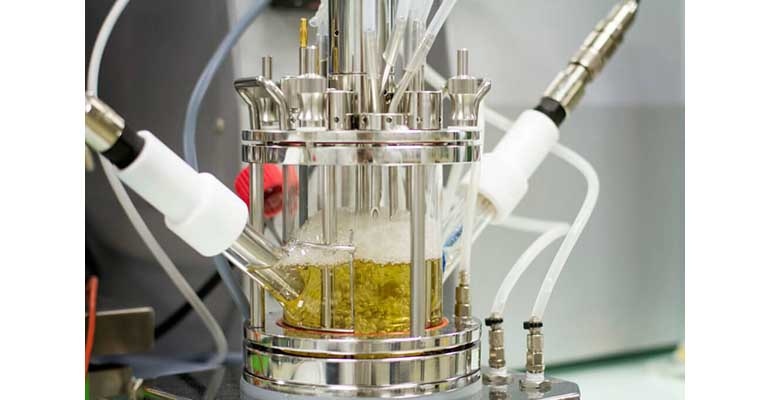Nearly three billion plastic bottles per year could be recycled into technical fibers for use in the company’s tires by applying Carbios’ enzymatic recycling technology for PET waste.
April 24, 2021

French tire maker Michelin says it has successfully validated the use of Carbios’ enzymatic recycling technology for PET plastic waste as a high-tenacity reinforcing fiber in its tires –– potentially creating a long-term end-use application for waste plastic from billions of PET bottles.
With some 1.6 billion car tires sold worldwide every year by all tire manufacturers combined, the amount of PET fibers used in these tires represents 800,000 tonnes of PET per year, according to Carbios. When applied to Michelin, the firms said jointly on April 23, “this represents nearly three billion plastic bottles per year that could be recycled into technical fibers for use in the company’s tires.”
Carbios has been working since 2015 to develop a process that combines enzymes and plastics to transform polyester textile waste back into two purified monomers –– terephthalic acid (PTA) and monoethylene glycol (MEG). These constituents can then be repolymerized into PET that can be used to produce PET with virgin-like properties.
Carbios currently is operating at pilot scale, and counts the quantities it produces in cubic meters. But by September, the company says it will start a demonstration plant in Clermont-Ferrand, where it shares headquarters space with Michelin.
|
Alain Marty, Chief Scientific Officer, Carbios. |
The 10-year-old Carbios further has said it expects by early 2025 to be ready to open an industrial-scale plant, with capacity somewhere between 35,000 and 75,000 tons per year.
Carbios’ enzymatic recycling process uses an enzyme capable of depolymerizing the PET contained in various plastics or textiles, to include such things as bottles, trays, and polyester clothing, potentially enabling what it calls the “infinite recycling of all types of PET waste.”
The firm notes that conventional thermo-mechanical recycling processes for complex plastics do not achieve the high-performance grade of PET required for pneumatic applications. However, the monomers resulting from Carbios’ process, which uses colored and opaque plastic waste such as bottles, once repolymerized in PET, meet Michelin’s requirements for use in its tires.
“The technical fiber obtained is of the same quality as the one from virgin PET, processed with the same prototype installations,” noted Carbios. “This high-tenacity polyester is particularly suitable for tires, due to its breakage resistance, toughness, and thermal stability.”
“We are very proud to be the first to have produced and tested recycled technical fibers for tires,” said Nicolas Seeboth, Michelin’s Director of Polymer Research, noting that the tire cords in question were made from colored bottles. “These high-tech reinforcements have demonstrated their ability to provide performance identical to those from the oil industry.”
“In 2019,” added Carbios Chief Scientific Officer Alain Marty, “Carbios announced it had produced the first PET bottles with 100% purified terephthalic acid (rPTA), made from the enzymatic recycling of post-consumer PET waste. Today, with Michelin, we are demonstrating the full extent of our process by obtaining from this same plastic waste recycled PET that is suitable for highly technical fibers, such as those used in Michelin’s tires.”
About the Author(s)
You May Also Like



